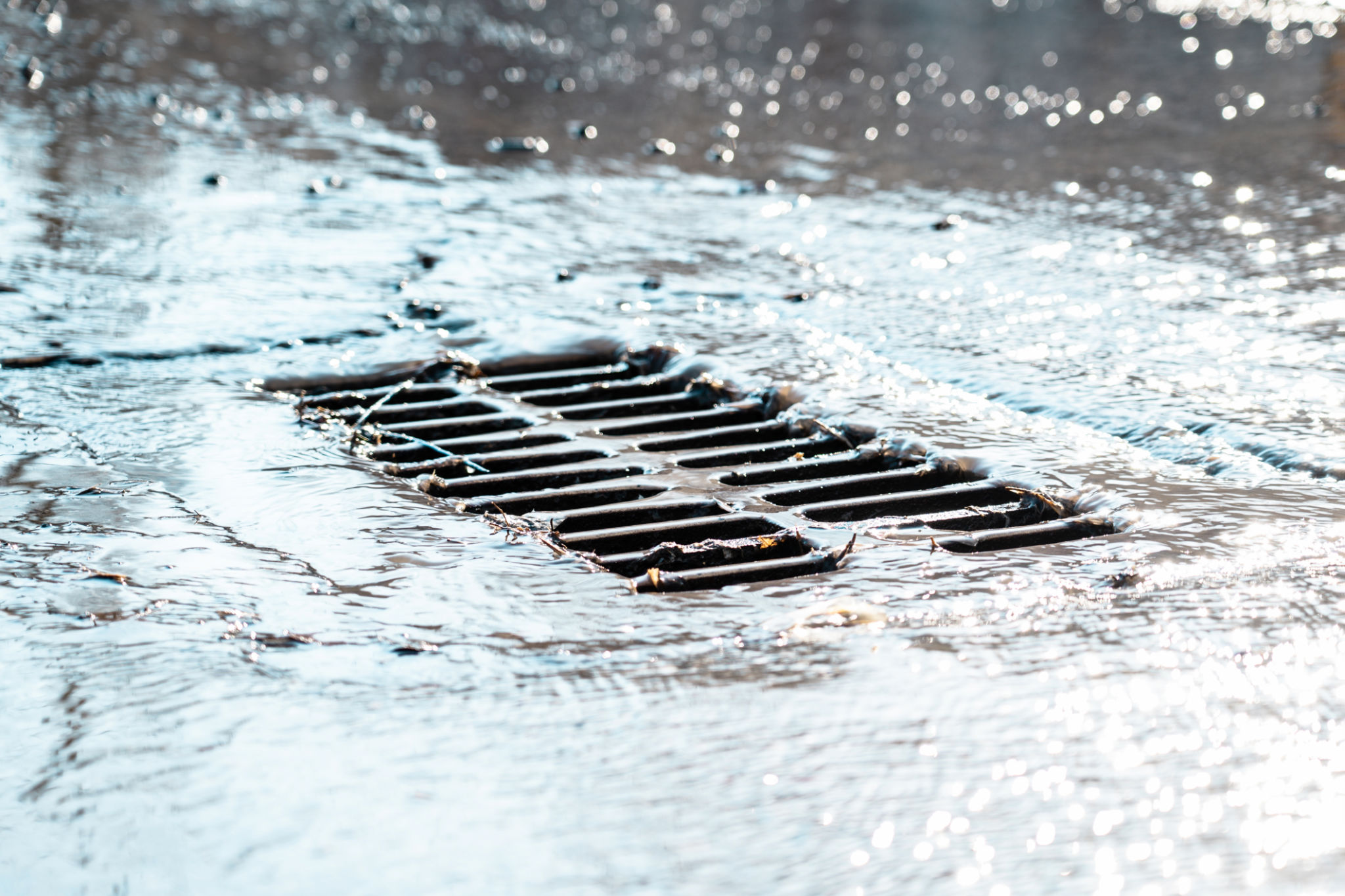Monsoon-Proofing Your Business: Essential Upkeep Services in Malaysia
Understanding the Monsoon Season in Malaysia
Malaysia's monsoon season is a time of heavy rainfall and unpredictable weather patterns. For businesses, this season can present numerous challenges, from property damage to supply chain disruptions. To safeguard operations, it is crucial for businesses to implement effective monsoon-proofing strategies. By doing so, companies can minimize risks and ensure uninterrupted service to their clients.

Assessing Structural Integrity
One of the first steps in monsoon-proofing your business is to assess the structural integrity of your buildings. This includes checking the roof for leaks, inspecting walls for cracks, and ensuring that window seals are intact. Regular maintenance and timely repairs can prevent costly damage when the heavy rains arrive.
Consider hiring a professional to conduct a thorough inspection of your premises. They can identify potential vulnerabilities and recommend necessary repairs or reinforcements. Taking proactive measures now can save your business from significant expenses later.
Ensuring Effective Drainage Systems
Proper drainage is essential to prevent flooding during the monsoon season. Ensure that all gutters and downspouts are clear of debris and capable of channeling water away from your building. Installing additional drainage systems, such as French drains or sump pumps, might be necessary for areas prone to flooding.

Protecting Assets and Inventory
Another critical aspect of monsoon-proofing is safeguarding your assets and inventory. Elevate valuable items off the ground, especially in storage areas that might be susceptible to flooding. For sensitive equipment, consider investing in waterproof covers or enclosures to prevent water damage.
Developing an inventory management plan that accounts for potential delays in supply chains during the monsoon season can also help maintain smooth operations. This plan should include having adequate stock levels and alternative suppliers if needed.
Implementing Emergency Response Plans
Having a well-defined emergency response plan is vital for any business facing the challenges of the monsoon season. This plan should outline procedures for evacuating staff, securing premises, and communicating with stakeholders. Conduct regular training sessions to ensure all employees are familiar with these protocols.

Insuring Against Potential Losses
Insurance is a crucial component of a comprehensive monsoon-proofing strategy. Review your current policies to ensure they provide adequate coverage for flood and water damage. If necessary, consider additional coverage options that specifically address monsoon-related risks.
Consult with your insurance provider to understand the terms and conditions of your policy fully. Having the right insurance in place can provide peace of mind and financial protection if your business is affected by severe weather conditions.
Leveraging Technology for Monitoring
Utilize technology to monitor weather conditions and receive timely alerts. Weather apps, sensors, and surveillance systems can provide real-time data to help you make informed decisions about necessary precautions. This proactive approach allows you to respond quickly to changing weather patterns before they impact your business.

Conclusion: Safeguarding Your Business
Monsoon-proofing your business requires a combination of preventive measures, strategic planning, and technological support. By addressing structural vulnerabilities, protecting assets, implementing emergency plans, securing appropriate insurance, and leveraging technology, you can minimize the impact of the monsoon season on your operations.
Taking these steps not only protects your business but also ensures that you can continue to serve your customers effectively, regardless of the weather conditions.
